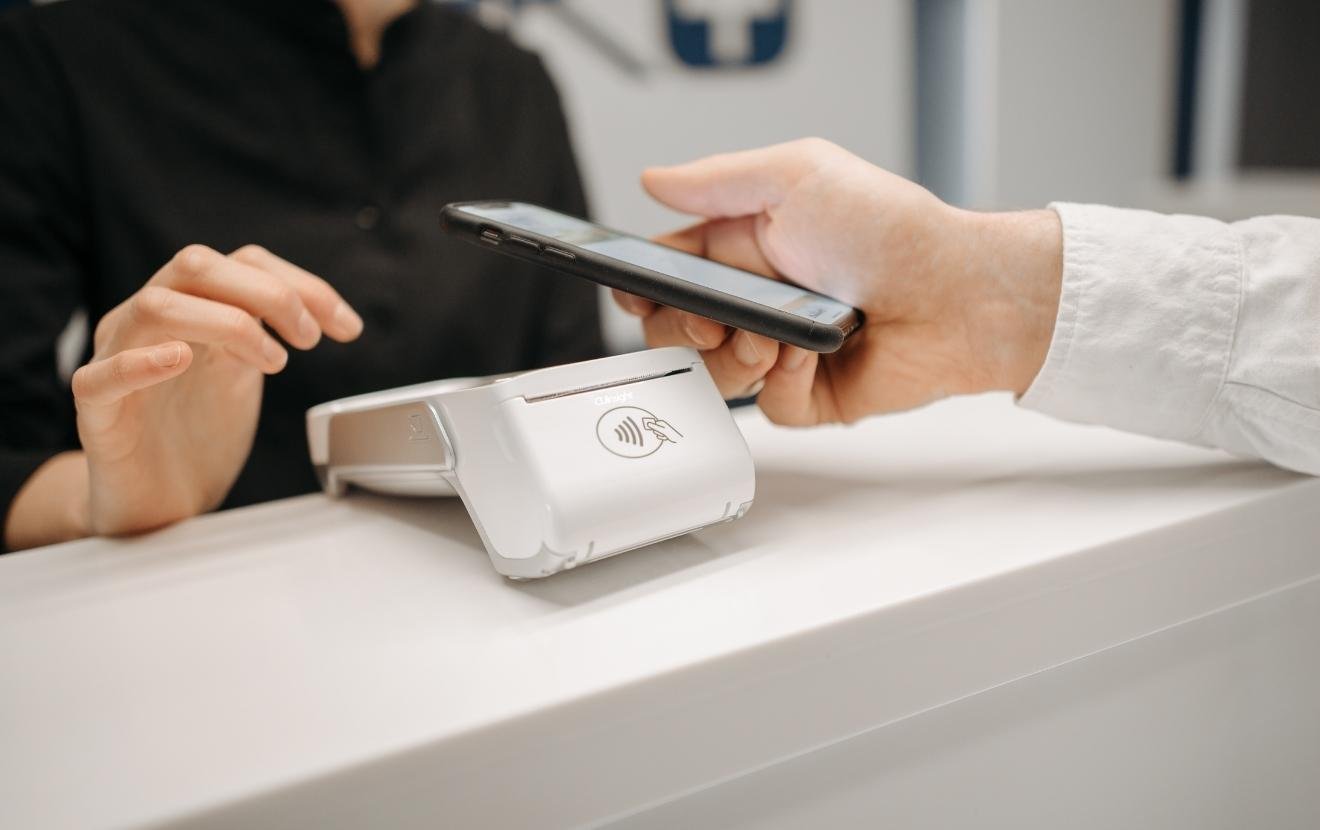Let’s talk about open banking—because, apparently, it’s the future we’ve all been waiting for. Or so we’re told. Head to any industry conference, and you’ll hear the same script: consumer empowerment, data portability, innovative ecosystems. Someone in a blazer and tennis shoes will wax poetic about how “open banking is going to revolutionize finance, break down barriers, and bring in a glorious new era of member experience”. And, of course, no one wants to be the one to raise a hand and say, Wait, who is it that benefits from this?
So, we nod. We smile. We go back to our credit unions and try to figure out how to sprinkle just enough buzzwords into the next board report to sound like we’re on top of it. But behind all the jargon, there’s a simple truth that no one is eager to admit: Open banking isn’t just about innovation. It’s about forfeiture of control—of your data, your member relationships, and—eventually—your relevance.
Most credit union executives aren’t asking the hard questions (which is fair enough, after all, that’s my job). Instead, they’re being led into a world where the very things that set credit unions apart—trust, security, and member-first values—are traded for convenience and empty, third-party promises.
‘Frictionless’ without the guardrails: Innovation or chaos?
To set the record straight, there’s nothing wrong with wanting to deliver frictionless experiences. After all, our team has been promoting frictionless, core-centric experiences for the better part of the decade. We are all for making things smoother for members. But there’s a difference between frictionless with control and frictionless with chaos.
What open banking offers isn’t just a way to make things easier—it’s a way to strip away the guardrails. When you’re sharing member data with third-party fintechs, payment processors, and anyone else who shows up with an ‘open API’, you’re not innovating. You’re gambling.
You’re gambling that those third parties care about your members as much as you do. You’re gambling that their security is as tight as yours. You’re gambling that, somehow, this wild west of data sharing won’t come back to bite you.
And, if you are honest with yourself, how often does that bet really pay off?
Every time data leaves your core, it’s another opportunity for something to go wrong. Hackers don’t care that you’re a credit union, or that you’ve always put members first. They care that there’s now another open door. Another weak link. Another chance to exploit.
Open banking turns your credit union into a data highway—fast-moving, sure, but with no lines, no signs, and no speed limits. It’s like sending kids to summer camp with no counselors and being surprised when it turns into Lord of the Flies. There’s no control, no oversight, no guarantee that what happens next will serve your members—or protect them.
And, like it or not—while you’re taking on all of the risk, someone else is profiting from your attempts to stay ‘modern’.
WWBTD? (What would Big Tech do?)
Let’s take a moment to think about the companies that are actually winning; you may have heard of them. Companies like Google, Amazon, and Apple. You don’t see them handing off their data to random, third-party vendors do you? Of course not. They own it. They keep everything in-house, tightly controlled, carefully managed.
Their data doesn’t go anywhere without a purpose—and that purpose is always aligned with their interests, not someone else’s. Why? Because using their data to create first-class consumer experiences is their business.
Now look at credit unions. Instead of leveraging their own data, too many are still out there cobbling together solutions from vendors promising ‘seamless integrations’ and ‘member-centric platforms’. What do they really deliver? Another data silo. Another system you don’t control. Another piece of your value proposition, outsourced.
Big Tech understands that data is the endgame. So why do so many credit unions keep giving it away?
Every bolt-on tool, every third-party partnership, every API connection you make outside of your core—it’s another step toward irrelevance. Your members don’t care who’s running the tech behind the scenes. They care about who they trust. And if you’re not the one delivering the service, if you’re just the backend plumbing behind some slick fintech app, the trust you’ve built across generations benefits the third-party vendors instead of your FI.
Here’s what open banking really costs you—and it’s not just licensing fees and integration headaches.
First, it costs you security. Every time member data moves outside your core, it’s exposed. You don’t control the storage, the access, the protection—someone else does. And when something goes wrong, guess who’s left holding the bag?
Then, it costs you loyalty. Members start spending more time in third-party apps than in your own digital channels (assuming you have your own digital channels to begin with). They get financial advice from algorithms instead of your staff. They see offers from other lenders, other providers, other institutions—all because you handed over their data in the name of convenience.
Finally, it costs you identity. The more you rely on third parties to serve your members, the less you look like a credit union—and the more you look like just another middleman in a vast financial services system. And once that happens, it’s only a matter of time before members ask themselves why they need you at all—which, if we’re being honest, is a fair question even IF you somehow manage to use your data to its fullest extent.
Core-centric strategy and the path to relevance
Here’s the thing—it doesn’t have to be this way.
You don’t have to give up control to innovate. You don’t have to rely on third-party vendors to deliver great member experiences. You don’t have to play the open banking game.
There’s another way—Core-Centric Banking.
Core-Centric Banking means using what you already have—your core, your data, your relationships—to deliver real-time, scalable, secure services. It means keeping your members’ information in-house, protected, and under your control. It means being the face of innovation, not just the infrastructure behind someone else’s brand.
As an example, C.O.D.E. Engine was built for credit unions who want to lead. Credit unions who want to deliver the kind of frictionless, modern experience members expect—without selling them out in the process. It’s about owning the relationship. Owning the data. Owning your future.
Your members didn’t choose your credit union to get another sub-par, megabank experience. They chose you because you were supposed to be different—caring, trustworthy, and member-focused.
If your credit union is going to survive, it’s time to stop following and start leading. Proponents of open banking want you to believe you have no choice but to share your data, hand off your relationships, and hope for the best.
But here’s a better idea: lead, innovate, and use your data to create meaningful member experiences without the third-party deadweight.
All you have to do is decide that your future—and your members’ trust—isn’t for sale. And if you are willing, you aren’t alone. Your friends at DaLand are ready to guide you on the journey. Let’s do this together.








